Do Solar Panels Work When Power Is Out?
Do Solar Panels Work When the Power is Out?
In recent years, solar energy has become an increasingly popular way to power homes and businesses. With growing concerns over the environment and rising energy costs, many people are considering installing solar panels as a long-term solution for their energy needs. One of the most common questions that arises when discussing solar panels is whether they continue to work during a power outage. The simple answer is: it depends on the type of solar system you have. In this article, we’ll explore how solar panels function during power outages, the different types of solar systems, and whether it’s possible to keep your lights on when the grid goes down.
How Do Solar Panels Work?
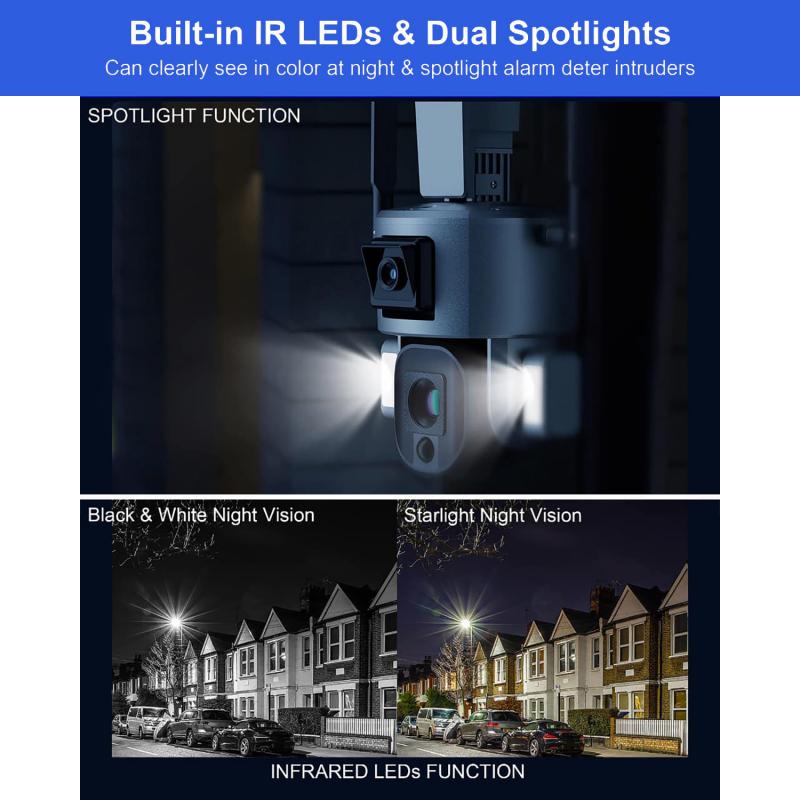
Before diving into the specifics of how solar panels behave during power outages, it’s important to understand how they work in general.
Solar panels generate electricity by converting sunlight into direct current (DC) electricity. The solar cells inside the panels capture sunlight and use it to excite electrons, which generates an electric current. This DC electricity is then sent to an inverter, which converts it into alternating current (AC) electricity. AC electricity is what powers most homes and appliances.
In a standard grid-connected solar power system, when your solar panels generate more electricity than your home consumes, the excess energy is sent back to the grid. Conversely, when your panels aren’t generating enough electricity—such as at night or on cloudy days—you can draw power from the electrical grid.
Power Outages and Solar Systems
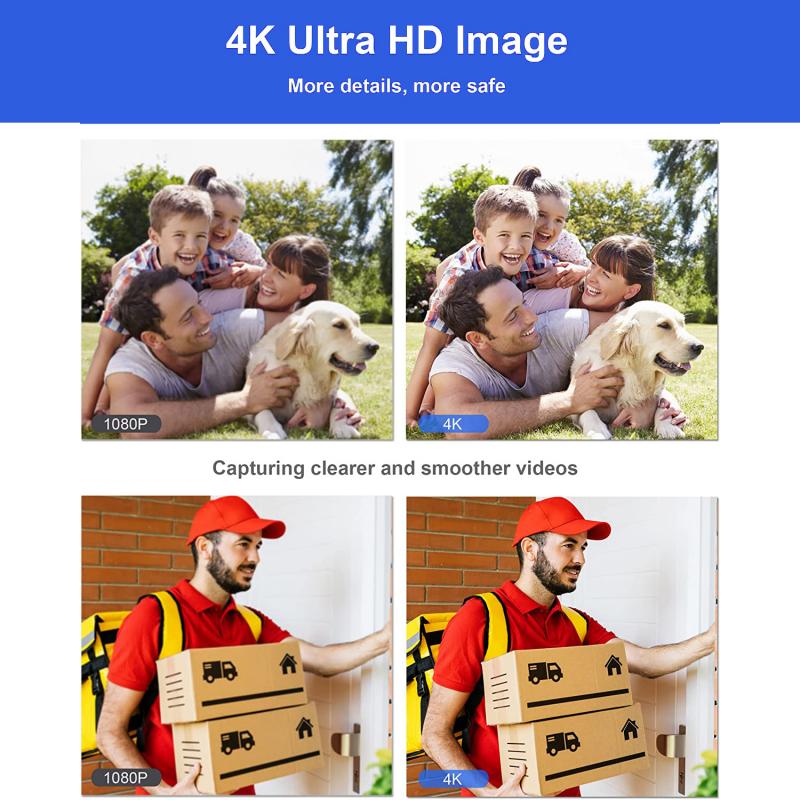
Now, let’s tackle the main question: Do solar panels work during power outages?
The answer depends on the setup of your solar system. There are two main types of solar systems that are commonly used: grid-tied and off-grid.
Grid-Tied Solar Systems (Without Battery Storage)
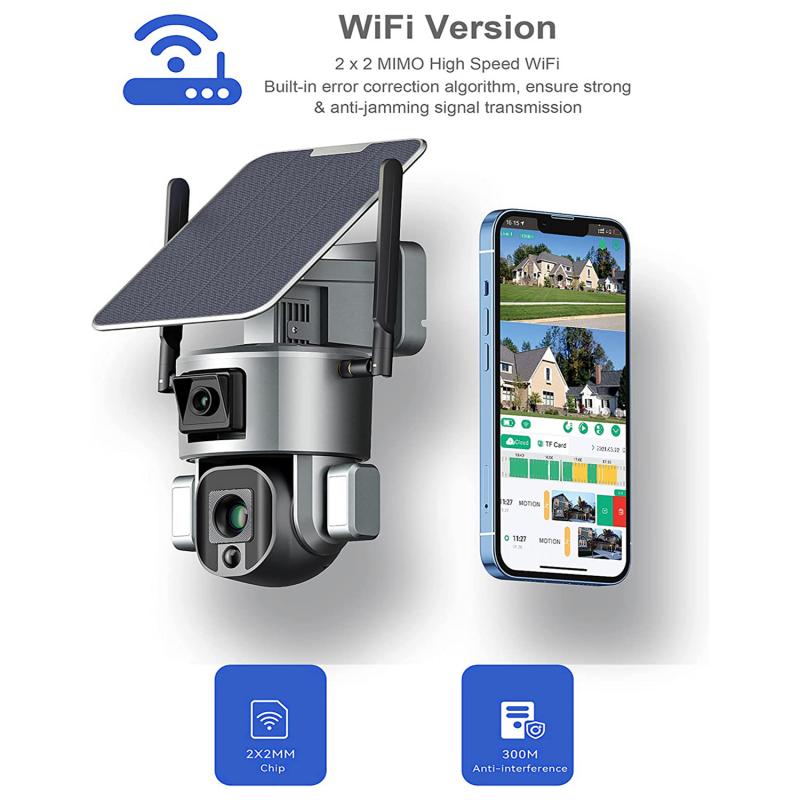
A grid-tied solar system is the most common type for residential homes. These systems are connected to the local power grid and do not have battery storage. The primary function of a grid-tied system is to feed excess electricity back to the grid, often in exchange for credits through a program called net metering.
When there is a power outage, a grid-tied solar system typically does not work. This is because most grid-tied systems are designed with safety mechanisms that automatically shut down when the grid goes down. The reasoning behind this is primarily safety for utility workers. If your solar system were still sending power to the grid during an outage, it could electrocute workers who are repairing the lines. To prevent this, your inverter will automatically disconnect from the grid, causing the system to stop producing electricity.
However, if you have a solar system with battery storage, the situation changes. With batteries, the energy stored in the system can be used to power your home during a blackout. We’ll discuss this in more detail in the next section.
Off-Grid Solar Systems
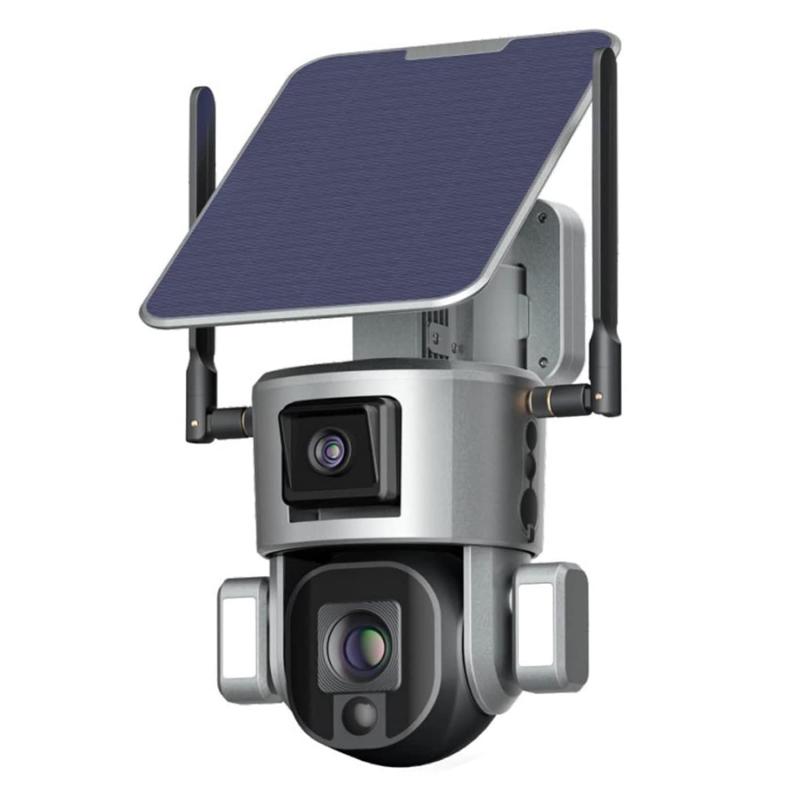
An off-grid solar system is designed to be independent of the utility grid. It’s used in remote areas where there is no access to the electrical grid, or by homeowners who want complete energy independence. Off-grid systems include a solar array (to generate electricity) and a battery bank (to store excess energy for later use). Because these systems are not connected to the grid, they can continue to function during a power outage, as long as there is enough stored energy in the battery bank to power your home.
In the event of a power outage, an off-grid solar system will simply switch to the battery power. If the system is properly sized and has sufficient battery capacity, your lights, appliances, and other essential devices can continue to run without interruption.
Hybrid Systems: Grid-Tied with Battery Backup
A hybrid solar system combines the features of both grid-tied and off-grid systems. This setup includes a connection to the utility grid and a battery backup system. In a hybrid system, your solar panels can continue generating electricity during the day and, if there is excess power, it can be stored in the batteries. When the grid goes down, the battery storage allows the system to keep working, powering your home as if it were an off-grid system.
One of the most attractive features of hybrid systems is the ability to “island” your home from the grid during a blackout. This is called islanding—when your home operates independently from the grid using stored solar energy. When the power goes out, the inverter automatically disconnects from the grid and switches to the battery storage, so you can keep using your solar power. The size of your battery bank will determine how long you can sustain your electricity needs during an outage.
Solar Panels vs. Power Outages: Considerations and Limitations
While solar systems with batteries can offer a viable solution during power outages, there are several important factors to consider before relying on them in an emergency.
1. Battery Capacity and Usage: The ability of a solar system to power your home during a blackout is largely determined by the capacity of your battery storage. If you have a small battery bank, you may only have enough stored energy to run a few essential devices—such as lights, a refrigerator, and a few electronics—for a limited time. Larger systems with more extensive storage can power your home for longer periods. However, it’s important to note that even with a battery system, the solar panels will still need sunlight to recharge the batteries. On cloudy days or at night, your system may not be able to replenish the energy.
2. Critical Load Management: In a power outage, it’s unlikely that your entire home will be powered by solar energy. Most systems with battery backups are designed to power a “critical load,” which includes essential appliances and lighting. In order to keep the most important devices running, you’ll need to prioritize which circuits are connected to the battery backup. For example, you might power your refrigerator, lights, medical devices, and phone chargers, while non-essential devices like air conditioning, washing machines, and televisions may need to be turned off.
3. Solar Panel Output During Cloudy Days: Solar panels rely on sunlight to generate electricity, so during cloudy days or storms, their output may be significantly reduced. While modern panels can still produce energy in low-light conditions, the output may be insufficient to keep your batteries charged, especially if the outage lasts for an extended period.
4. Cost: Solar panels and battery storage systems come with upfront costs, which can be significant depending on the size of the system you choose. Battery storage alone can add thousands of dollars to the cost of a solar installation. While the price of batteries has been dropping in recent years, it’s still an investment to consider carefully. However, the peace of mind knowing you can rely on solar energy during a power outage might make the investment worthwhile for many homeowners.
Can You Prepare for Power Outages with Solar?
While it’s not always possible to predict when a power outage will happen, there are steps you can take to ensure your solar system is prepared to meet your energy needs when the grid goes down.
1. Install Battery Backup: If you have a grid-tied solar system without battery storage, you might consider adding a battery backup system to your existing setup. Many companies offer retrofitting solutions that allow homeowners to add batteries to their current solar arrays. This allows you to continue using solar power during an outage without completely disconnecting from the grid.
2. Monitor and Manage Energy Use: By installing energy monitoring systems and making smart adjustments to your electricity consumption, you can optimize the performance of your solar system during an outage. In some cases, smart devices can automatically switch off non-essential appliances to conserve power, ensuring that critical devices stay functional longer.
3. Consider a Generator: If solar power alone isn’t enough to meet your energy needs during a blackout, you may want to invest in a backup generator. Many homes with solar systems use generators as a complementary power source, ensuring that they have a reliable backup in case their solar system and battery storage can’t cover their entire energy demand.
4. Ensure Adequate Solar Panel Capacity: If you live in an area prone to frequent or long-lasting power outages, you may want to upgrade the capacity of your solar panels or battery storage. Having a larger system can provide more energy to carry you through extended outages.
Solar panels have the potential to work during power outages, but the setup of your system plays a crucial role in determining whether you can keep your lights on when the grid goes down. If you have a grid-tied solar system without batteries, you may not be able to generate electricity during an outage unless you have a backup power solution in place. For those who want to continue using solar power during blackouts, an off-grid or hybrid system with battery storage is the best option.
While investing in solar and battery storage systems can be expensive, they offer long-term benefits such as energy independence, lower utility bills, and peace of mind during emergencies. As technology advances and prices continue to drop, solar power may become an even more attractive option for homeowners looking to be prepared for future power outages.


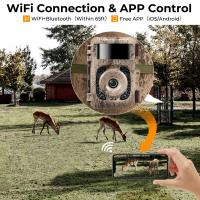
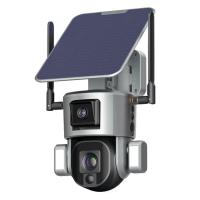
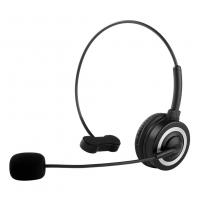
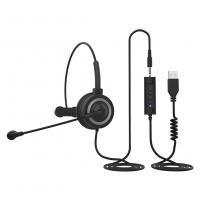
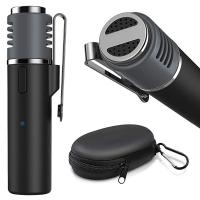
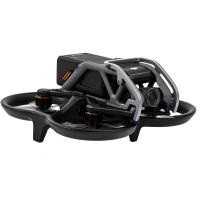
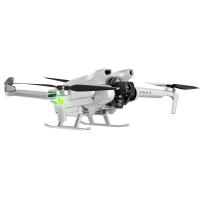
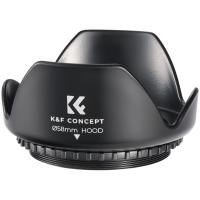
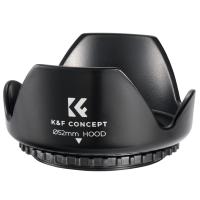
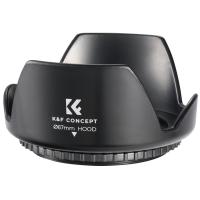

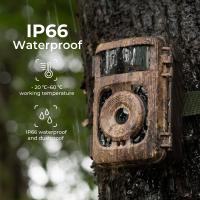

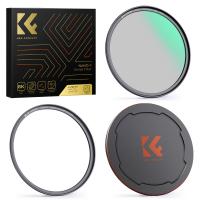
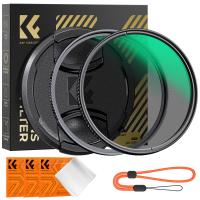


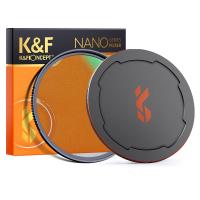
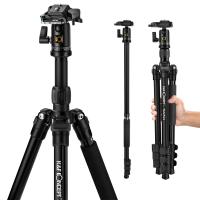

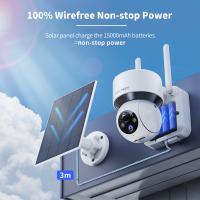
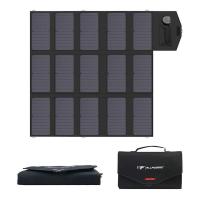
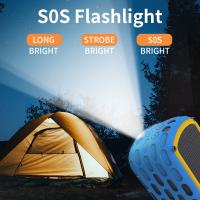
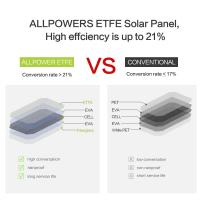
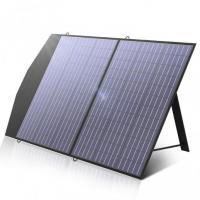

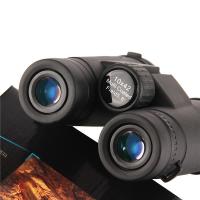


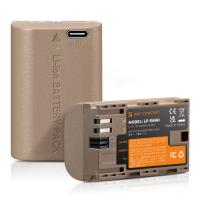


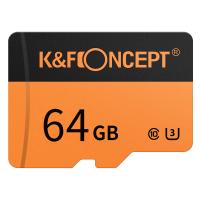
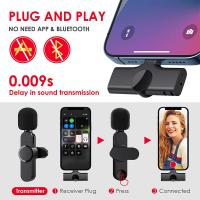
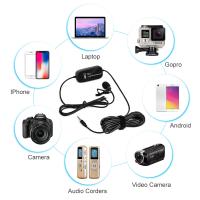
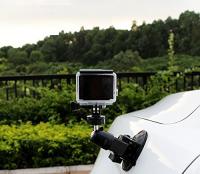
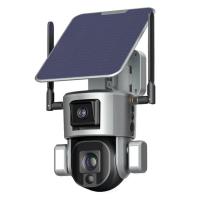
There are no comments for this blog.